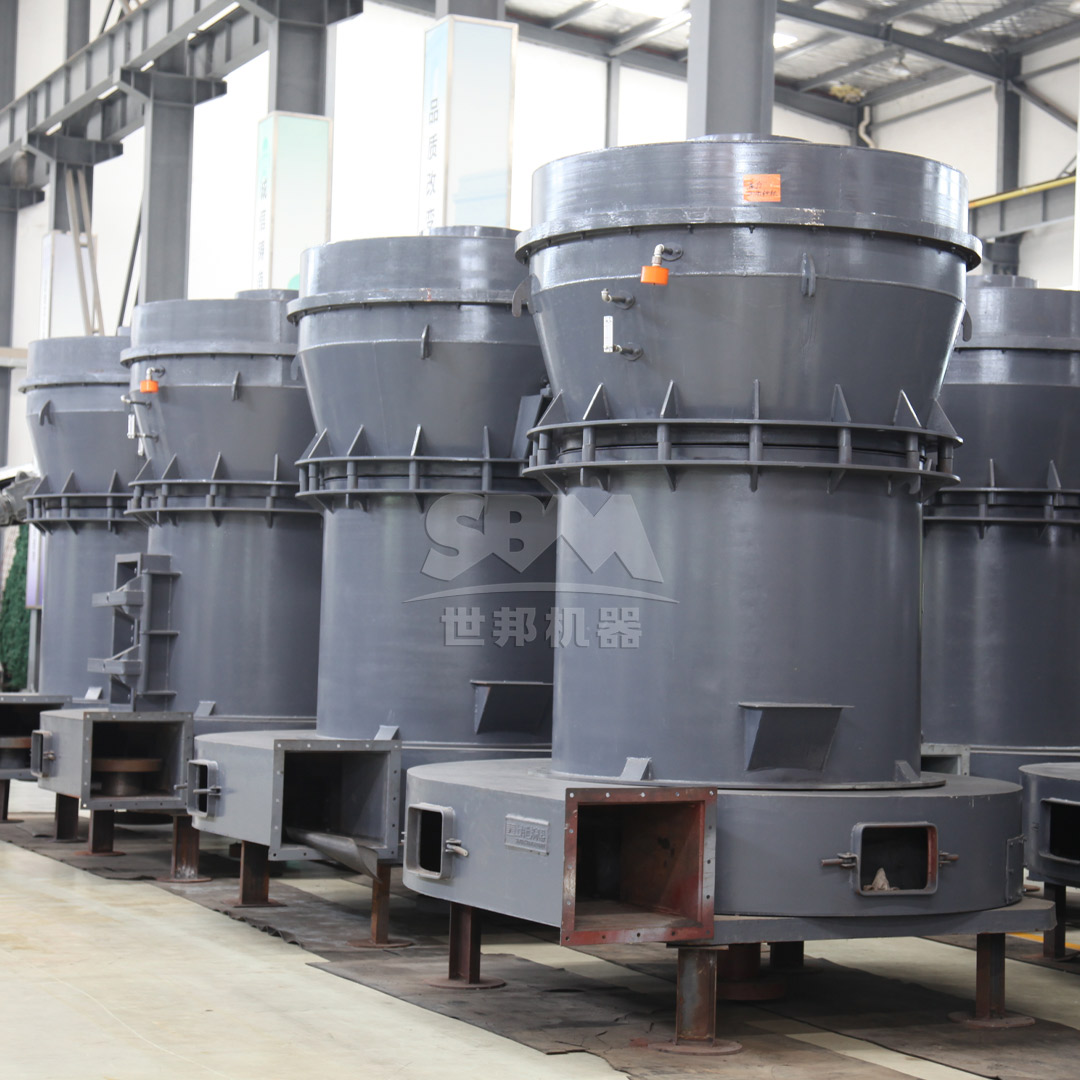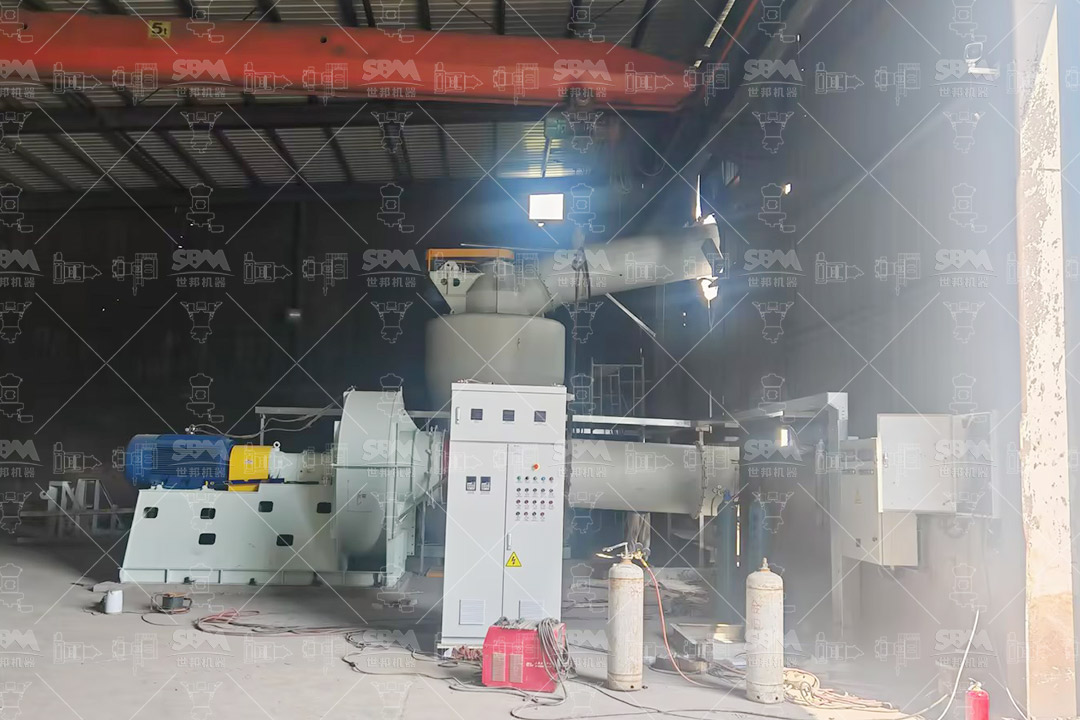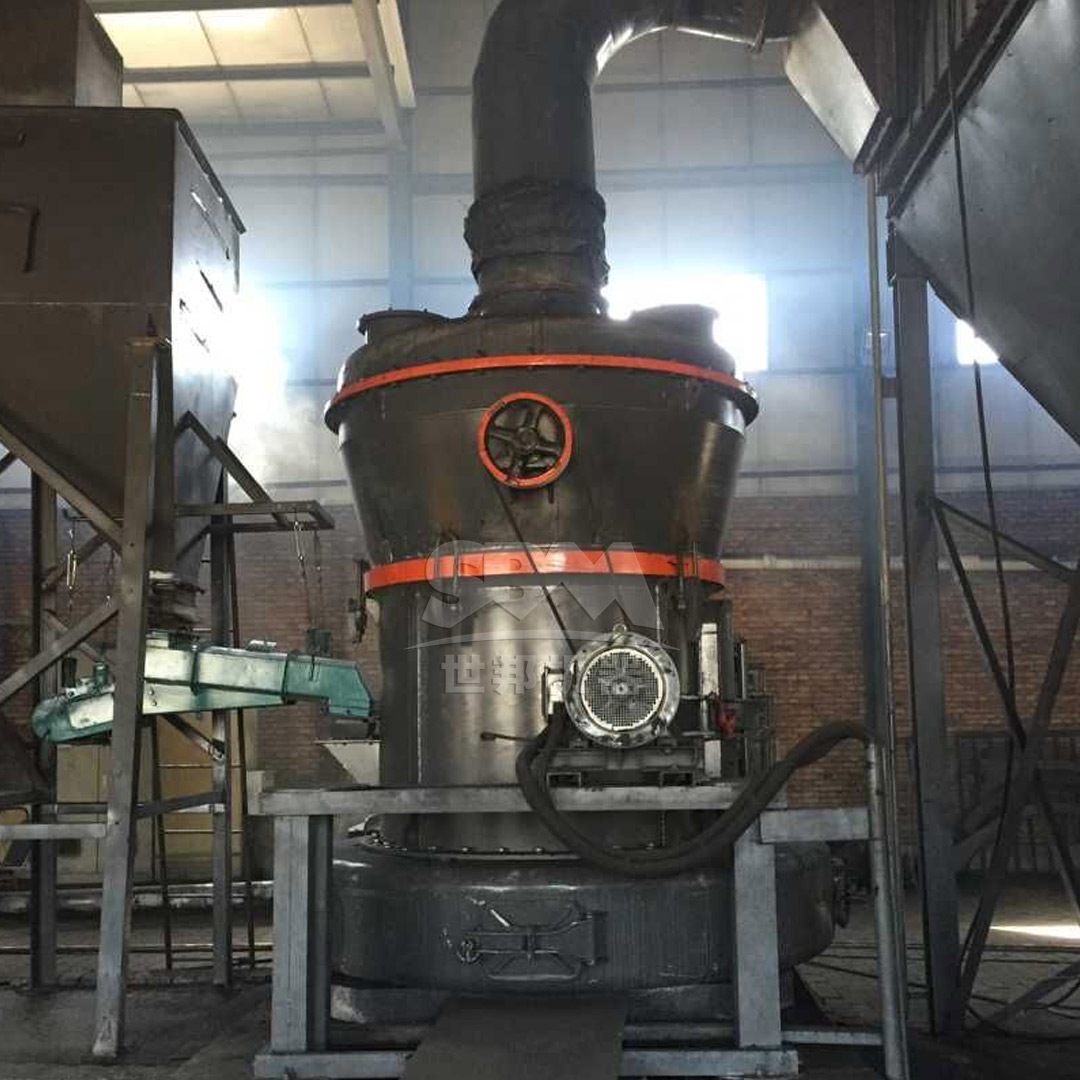The demand for efficient thermal management systems has grown exponentially with the advancement of electronic devices, electric vehicles, and high-power industrial equipment. Graphite, with its exceptional thermal conductivity, lightweight properties, and chemical stability, has emerged as a critical material for heat dissipation applications. However, the effectiveness of graphite in thermal management heavily depends on the precision of its particle size and distribution, making the milling process a crucial factor in determining final product performance.
High-performance thermal interface materials (TIMs), heat spreaders, and composite cooling solutions require graphite powders with specific particle size distributions to optimize thermal pathways and interface contact. The milling technology must achieve precise control over particle morphology while maintaining the crystalline structure that gives graphite its superior thermal properties. This article explores the technical requirements for graphite milling in thermal management applications and presents advanced milling solutions that meet these demanding specifications.

Graphite milling for thermal management presents unique challenges that distinguish it from conventional mineral processing. The primary objective is to preserve the crystalline structure that enables high thermal conductivity while achieving the precise particle size distribution needed for optimal packing density and surface contact in composite materials.
Thermal management applications require tight control over particle size distribution, typically in the range of 325 to 2500 mesh (45-5μm). The D97 parameter, representing the particle size below which 97% of the material resides, is particularly critical. A narrow size distribution ensures consistent thermal performance and prevents the formation of thermal bottlenecks in the composite structure. The milling system must maintain this precision consistently throughout production runs.
Graphite’s thermal conductivity is highly anisotropic, with in-plane conductivity significantly higher than through-plane conductivity. The milling process must minimize damage to the graphene layers to maintain the high in-plane thermal conductivity that makes graphite effective for heat spreading applications. Excessive mechanical shear or impact during milling can disrupt the crystalline structure, reducing thermal performance despite achieving the target particle size.
Thermal management applications, particularly in electronics, are highly sensitive to metallic contamination. Even trace amounts of wear metals from milling components can compromise the electrical insulation properties of graphite and potentially cause short circuits in electronic devices. The milling system must employ wear-resistant materials that minimize contamination while maintaining long-term operational stability.
| Application | Required Particle Size (D97) | Thermal Conductivity Requirement | Purity Requirement |
|---|---|---|---|
| Thermal Interface Materials | 5-15μm | >100 W/m·K | >99.9% |
| Heat Spreaders | 10-45μm | >400 W/m·K | >99.95% |
| Composite Heat Sinks | 15-75μm | >200 W/m·K | >99.8% |
| Battery Thermal Management | 20-100μm | >150 W/m·K | >99.5% |
Conventional milling approaches often fail to meet the stringent requirements for high-performance graphite powders in thermal management applications. Advanced milling systems specifically engineered for delicate materials like graphite have emerged as essential tools for manufacturers seeking to capitalize on the growing thermal management market.
For applications requiring the finest graphite powders (325-2500 mesh), ultrafine milling systems offer precise control over particle size distribution while minimizing crystalline damage. These systems typically employ multiple grinding stages with integrated classification to ensure tight control over the final product specifications.
Our SCM Ultrafine Mill series represents the cutting edge in graphite milling technology for thermal management applications. With output fineness ranging from 325 to 2500 mesh (D97≤5μm) and processing capacity from 0.5 to 25 tons per hour depending on model, this system delivers the precision required for high-performance thermal materials. The vertical turbine classifier enables precise particle size control, ensuring consistent thermal performance in the final application. The system’s intelligent control automatically monitors and adjusts for optimal particle size distribution, while the specially designed grinding components minimize contamination—a critical consideration for electronic applications.
Modern graphite milling systems integrate milling and classification processes to optimize efficiency and product quality. The closed-loop design allows for continuous adjustment of operational parameters to maintain consistent product quality despite variations in feed material characteristics.

For manufacturers targeting the premium segment of the thermal management market, the SCM Ultrafine Mill series offers unmatched capabilities for producing high-purity graphite powders with precise particle size distributions. The system’s technical advantages directly address the critical requirements for thermal management applications.
The SCM series incorporates several proprietary technologies that make it particularly suitable for graphite milling for thermal applications. The energy-efficient design delivers twice the capacity of jet mills while reducing energy consumption by 30%, significantly lowering production costs for high-volume thermal management components. The vertical turbine classifier provides precise particle size cuts with no coarse powder contamination, ensuring consistent thermal performance in the final product.
Durability features include special material roller and grinding rings that extend service life several times over conventional components, while the bearing-free screw grinding chamber ensures stable operation and minimal maintenance downtime. From an environmental perspective, the pulse dust collection system exceeds international standards with efficiency rates above 99.9%, and the soundproof chamber design maintains noise levels below 75dB—important considerations for manufacturing facilities in urban environments.
| Model | Processing Capacity (ton/h) | Main Motor Power | Input Size | Output Fineness |
|---|---|---|---|---|
| SCM800 | 0.5-4.5 | 75 kW | 0-20 mm | 325-2500 mesh |
| SCM900 | 0.8-6.5 | 90 kW | 0-20 mm | 325-2500 mesh |
| SCM1000 | 1.0-8.5 | 132 kW | 0-20 mm | 325-2500 mesh |
| SCM1250 | 2.5-14 | 185 kW | 0-20 mm | 325-2500 mesh |
| SCM1680 | 5.0-25 | 315 kW | 0-20 mm | 325-2500 mesh |
For thermal management applications requiring slightly coarser graphite powders (30-325 mesh), the MTW Series Trapezium Mill offers an efficient and cost-effective solution. With processing capacities ranging from 3 to 45 tons per hour and input sizes up to 50mm, this system is ideal for high-volume production of thermal interface materials and composite heat spreaders.
The MTW series incorporates several advanced features specifically beneficial for graphite processing. The anti-wear shovel blade design reduces maintenance costs, while the curved air channel optimization minimizes energy loss and improves transmission efficiency. The integrated cone gear drive achieves 98% transmission efficiency, saving space and reducing installation costs. The wear-resistant volute structure features a non-clogging design that improves air classification efficiency while reducing maintenance costs by 30% compared to conventional systems.
The MTW mill operates through a main motor driving grinding rollers that revolve around the central shaft while simultaneously rotating to generate centrifugal force. Shovel blades throw material between the grinding ring and rollers to form a material layer, achieving efficient crushing through extrusion. The integrated classification system provides precise control over final particle size, ensuring consistent product quality for thermal applications.

Ensuring consistent thermal performance in graphite powders requires rigorous quality control throughout the milling process. Advanced milling systems incorporate real-time monitoring and adjustment capabilities to maintain product specifications within tight tolerances.
Modern milling systems for thermal graphite incorporate laser particle size analyzers that provide continuous feedback on particle size distribution. This real-time data enables automatic adjustment of operational parameters to compensate for variations in feed material characteristics, ensuring consistent product quality. The D97 parameter is particularly critical for thermal applications, as it determines the maximum particle size that could create thermal bottlenecks in composite materials.
Beyond particle size analysis, high-performance graphite milling operations often include periodic thermal conductivity measurements to verify that the milling process has preserved the material’s intrinsic thermal properties. Specialized testing equipment measures both in-plane and through-plane thermal conductivity to ensure the milled graphite meets application requirements.
For electronic thermal management applications, regular contamination analysis is essential to detect trace metals that could compromise electrical insulation properties. Advanced milling systems employ wear-resistant materials and closed designs to minimize contamination, with regular verification through techniques such as X-ray fluorescence (XRF) spectroscopy.
Precisely milled graphite powders enable numerous advanced thermal management solutions across multiple industries. The specific particle size requirements vary by application, necessitating flexible milling systems capable of producing tailored graphite powders.
In smartphones, laptops, and other compact electronic devices, graphite thermal interface materials and heat spreaders require ultrafine powders (typically 5-15μm) to maximize surface contact and thermal transfer efficiency. The SCM Ultrafine Mill is particularly suited for these applications, producing powders with the required fineness and minimal crystalline damage.
Battery systems in electric vehicles utilize graphite composites for thermal regulation, requiring slightly coarser powders (20-100μm) to balance thermal performance with structural integrity. The MTW Series Trapezium Mill offers the ideal solution for these applications, providing high-volume production capabilities with precise particle size control.
Industrial applications such as power converters, motor drives, and laser systems often employ graphite-based thermal solutions with customized particle size distributions. The flexibility of advanced milling systems enables manufacturers to tailor graphite powders to specific application requirements, optimizing thermal performance while controlling costs.
The thermal management market continues to evolve, driven by increasing power densities in electronic devices and the transition to electric transportation. These trends are shaping the future development of graphite milling technologies.
As electronic components continue to shrink while power densities increase, the demand for finer graphite powders with tighter size distributions is expected to grow. Milling systems capable of producing consistent sub-5μm powders with minimal crystalline damage will become increasingly important for next-generation thermal interface materials.
Graphite milling is increasingly integrated with advanced manufacturing processes such as 3D printing of thermal composites. This integration requires precise control over particle morphology beyond simple size distribution, including aspect ratio and surface characteristics that affect processability in additive manufacturing.
Energy efficiency and environmental impact are becoming increasingly important factors in milling system selection. Modern systems like the SCM and MTW series address these concerns through reduced energy consumption, minimal waste generation, and compliance with international environmental standards.
Graphite milling plays a critical role in enabling high-performance thermal management systems across multiple industries. The precision and consistency of the milling process directly impact the thermal performance of the final application, making equipment selection a crucial decision for manufacturers. Advanced milling systems like the SCM Ultrafine Mill and MTW Series Trapezium Mill offer tailored solutions for different segments of the thermal management market, combining precise particle size control with operational efficiency and minimal contamination. As thermal management challenges continue to evolve with advancing technology, these sophisticated milling systems will remain essential tools for manufacturers seeking to leverage graphite’s exceptional thermal properties.